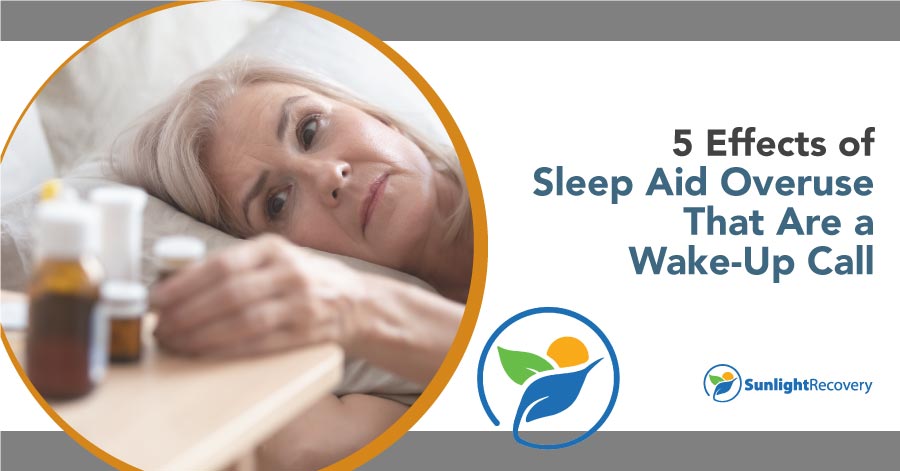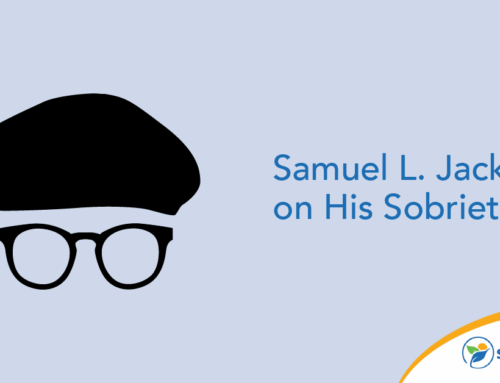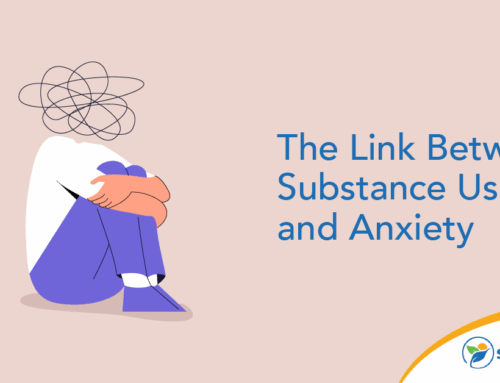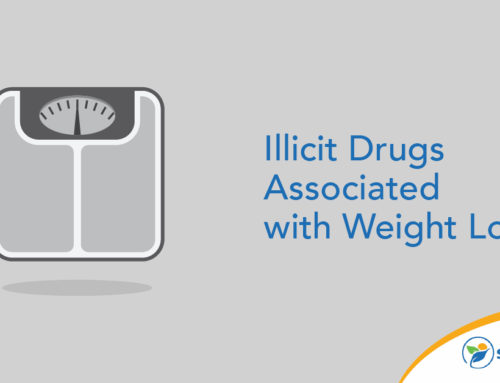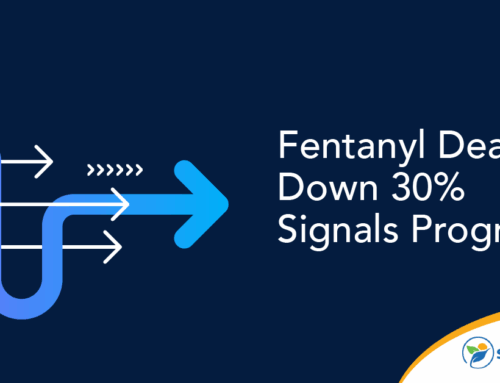It’s estimated that up to 70 million adults in the U.S. struggle with getting enough sleep because of problems like insomnia or other sleep disorders.
Prescription medications like Ambien and over-the-counter sleep aids like melatonin might seem like the perfect solution to a bad night’s sleep. In reality, sleeping aids come with their own risks and complications. Long-term use may even lead to dependency or addiction, along with a whole range of potential health problems.
If you want to learn more about the different kinds of sleeping aids and possible sleep aid side effects, keep reading. You’ll learn what sleep aid dependency may look like and find out whether you could be addicted to sleeping pills.
What Are Sleep Aids?
Sleep aids, in short, are medications or supplements that can help you sleep better.
Lots of Americans struggle with getting to sleep or staying asleep. Stress, medications, health conditions and jet lag are all common reasons someone might have trouble snoozing.
Sleeping aids, when used correctly, can help treat sleep problems. There are different kinds of medications and supplements you can get, including OTC sleeping pills and supplements and prescription medication.
Prescription Drugs
Prescription sleep aids include:
- Antidepressants
- Sedatives
- Z-drugs, such as Zolpidem
- Melatonin receptor agonists
- Orexin receptor antagonists
These are usually given as a short-term prescription at a low dosage, as some can be addictive. You’ll normally take these as sleeping pills as you need them or daily, depending on how your doctor prescribes them.
OTC Sleeping Aids
Sleep aids you can buy over-the-counter may include antihistamines. You may be familiar with antihistamines as a medicine that reduces allergic symptoms. Some also produce drowsiness, which can help you fall asleep. These are usually provided in a tablet or capsule form that you take before bed.
These may not work instantly like some prescription sedatives do. If you take them for a few days, the effects can wear off. As even over-the counter medicines have side effects, it’s important you check the label to ensure it’s safe for you to use. Some people suffer from side effects when taking antihistamines, including dizziness, headaches and blurred vision.
Dietary Supplements
Supplements aren’t approved by the FDA for sleep, but many people swear by alternative remedies to help with trouble falling asleep. There is a wide range to choose from, but common ones might include:
- Valerian root extract
- Melatonin
- Chamomile extract
You can find these in capsules, powders and teas. It’s still important to check the dosage instructions and the label, as alternative remedies can still have side effects. Some medications may also interact with supplements, so if you’re not sure, ask your doctor.
Are Over-the-Counter Sleep Aids Safer Than Prescription?
You might think that if you can walk into a pharmacy and buy something without a prescription, it’s automatically safer than a prescription drug. The reality is that everyone’s situation is unique. What’s safe for one person is dangerous for another. This can be especially true if you suffer from chronic conditions or take specific medications. The best approach is to discuss options with your doctor to determine which sleeping aids are safest for you and your individual health conditions.
It’s important to recognize that some sleeping aids have side effects that could be risky. Common side effects of sleep aids include drowsiness the next day, allergic reactions or confusion.
What Are the Long-Term Side Effects of Sleep Aids?
Sleeping pills can be effective in helping you sleep, but they’re designed for short-term use. Whether you have a prescription or an OTC product, there are clear dosage instructions to follow for the safest and best results.
Over two-thirds of people who were prescribed zolpidem used it longer than they should, according to research. With sustained use, there can be an increased risk of negative sleep aid side effects.
Symptoms of long-term use might include:
- Depression
- Drowsiness
- Dizziness
- Headaches
- Impaired motor function
More worryingly, the longer you rely on sleeping pills to get a good night’s sleep, the quicker you build a tolerance to using them. This results in needing more of the drug to produce the same effects. And with higher dosages come increased health risks.
According to one study, older adults who took these types of medicines over 10 years were at a significantly higher risk of developing dementia.
Are You Addicted to Sleeping Aids?
Feeling relief when you occasionally take sleeping aids for insomnia or a sleep disorder is normal. It can be difficult to know for sure if you’re addicted to using sleeping aids. However, there are distinct differences between relying on sleeping aids when you have sleep troubles and finding it too difficult to stop using them when you don’t need them.
With some sleeping medications, there are risks of developing a dependency. You might notice sleeping pills don’t have the same effect as they did when you first started using them and may be tempted to increase your dosage to fall asleep.
As with other substance abuse, there are some signs that may point to a sleeping aid addiction. You may be experiencing:
- Cravings
- Trouble quitting
- Feeling anxious or irritable when you can’t have the medication
- Memory loss
Withdrawal symptoms can appear when you’re trying to stop taking sleeping pills because some are both physically and psychologically additive. Symptoms of sleep pill withdrawal could include shivering, sweating, vomiting and seizures.
If you are struggling and think you may be dependent on sleeping aids, it’s important to get professional help.
Where To Get Help for Sleeping Aid Overuse
If sleep doesn’t come as easy to you anymore and you’re worried you might be overusing sleeping aids, get in touch with Sunlight Recovery at (888) 402-3647. Asking for help is the first step in receiving treatment. Our trained, compassionate counselors are here to listen and offer the support you need.


